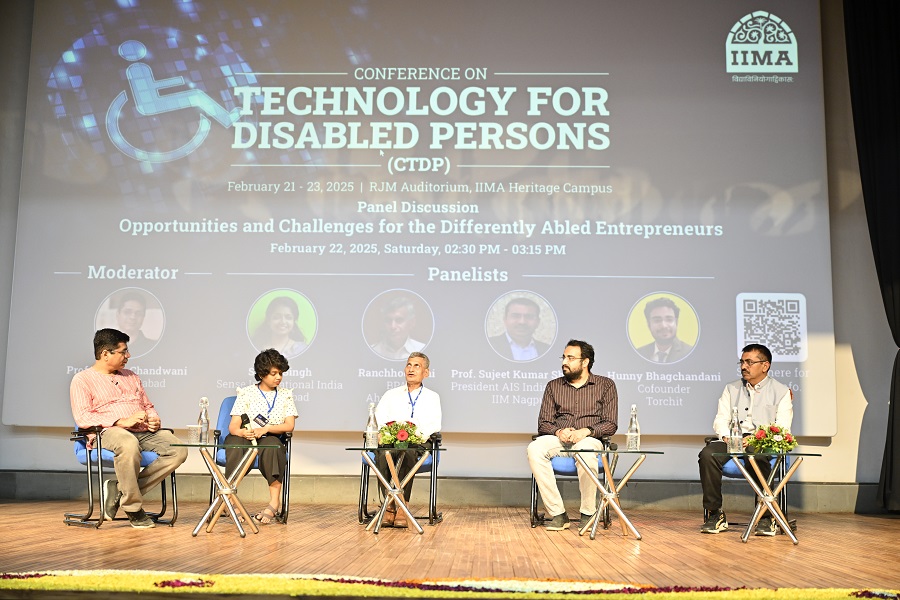The Centre for Digital Transformation (CDT) at the Indian Institute of Management Ahmedabad (IIMA) organised a Conference on Technology for Disabled Persons(CTDP) from February 21-23, 2025, bringing together researchers, technologists, educators, and industry leaders working to enhance digital accessibility and inclusion.
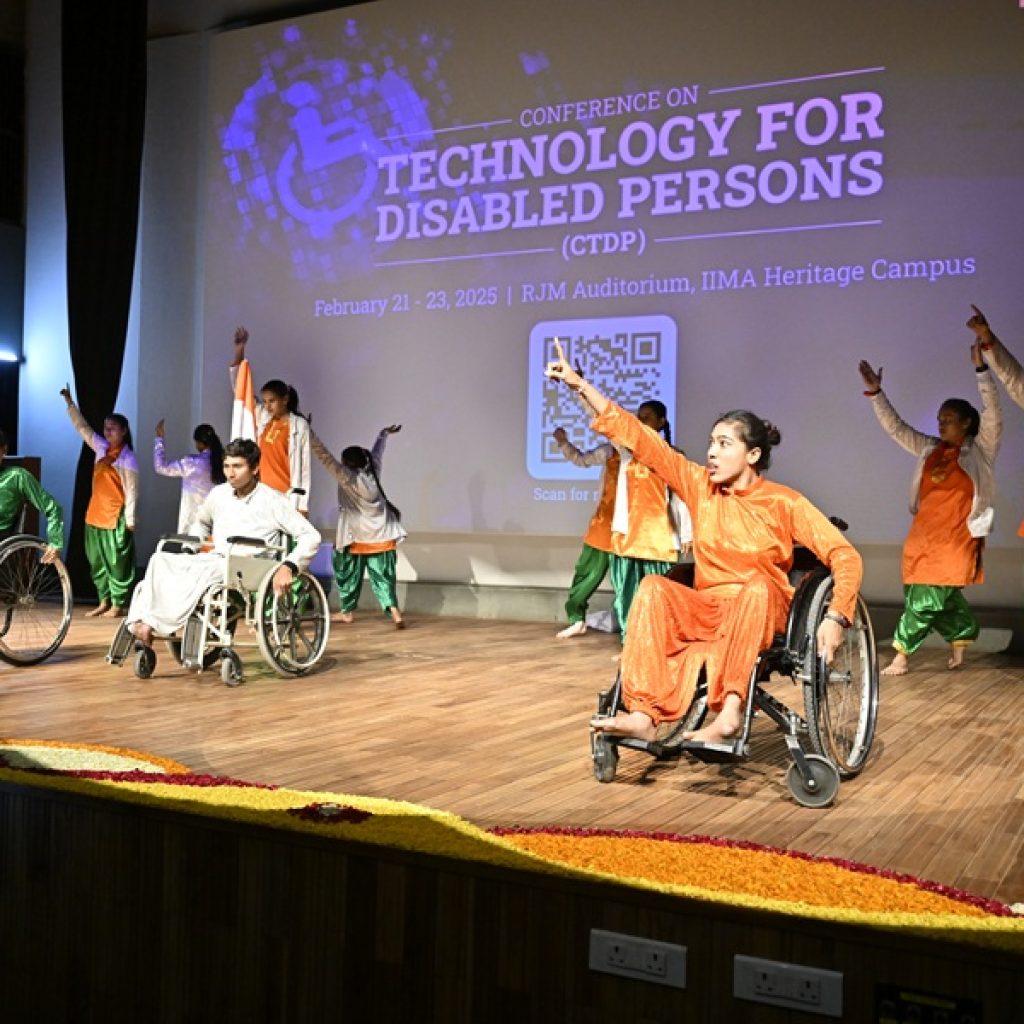
The three-day eventfeatured keynote addresses,panel discussions, and paper presentation sessions, wherein theparticipants explored how recent technological innovations—such as Artificial Intelligence(AI), machine learning, assistive technologies, and digital content accessibility solutions—can create a more inclusive environment for differently-abled individuals.
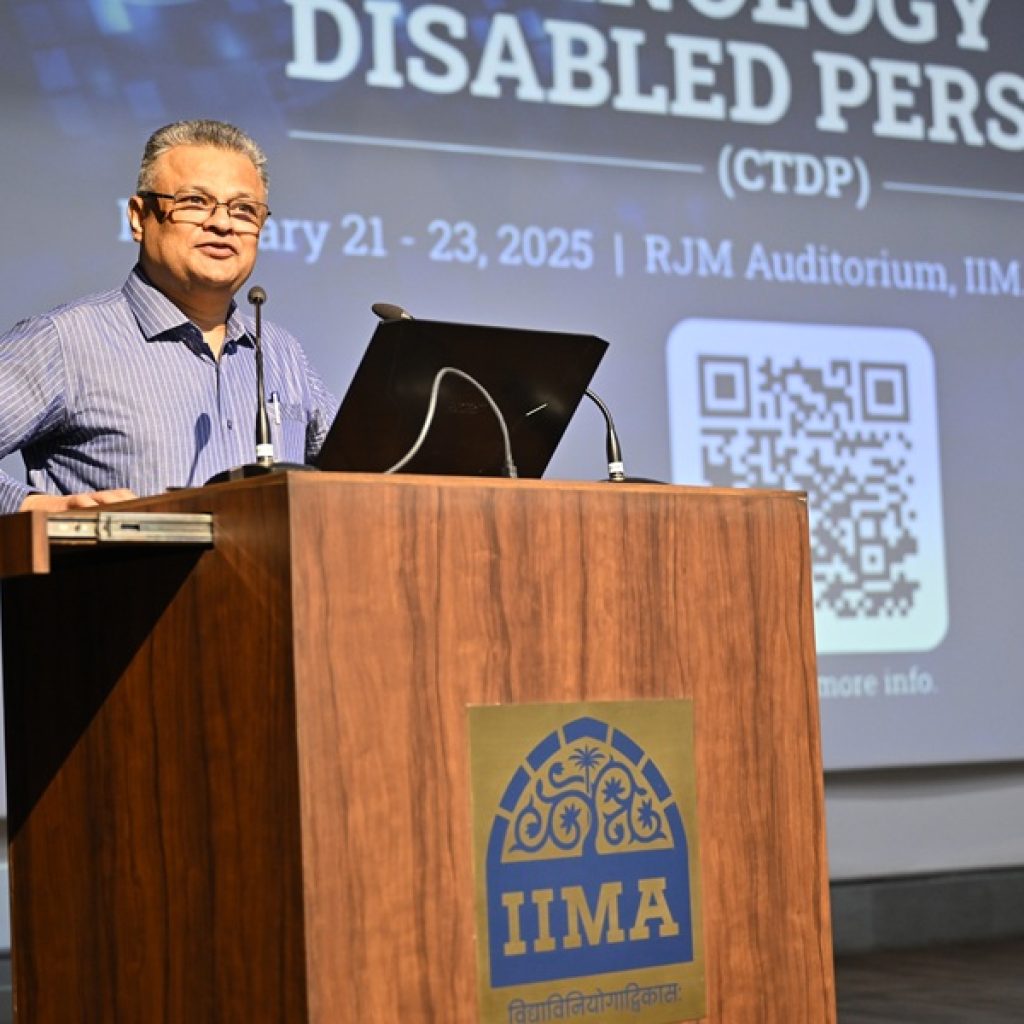
Delivering the inaugural address, Professor Satish Deodhar, Dean (Faculty) at IIMA, underlined the crucial role of empathy in technology-based solutions for differently-abled individuals. “Bringing technology and empathy together is essential to creating meaningful change for differently-abled people. While technology is a necessary condition, it is certainly not sufficient. It has to be backed by empathy.”
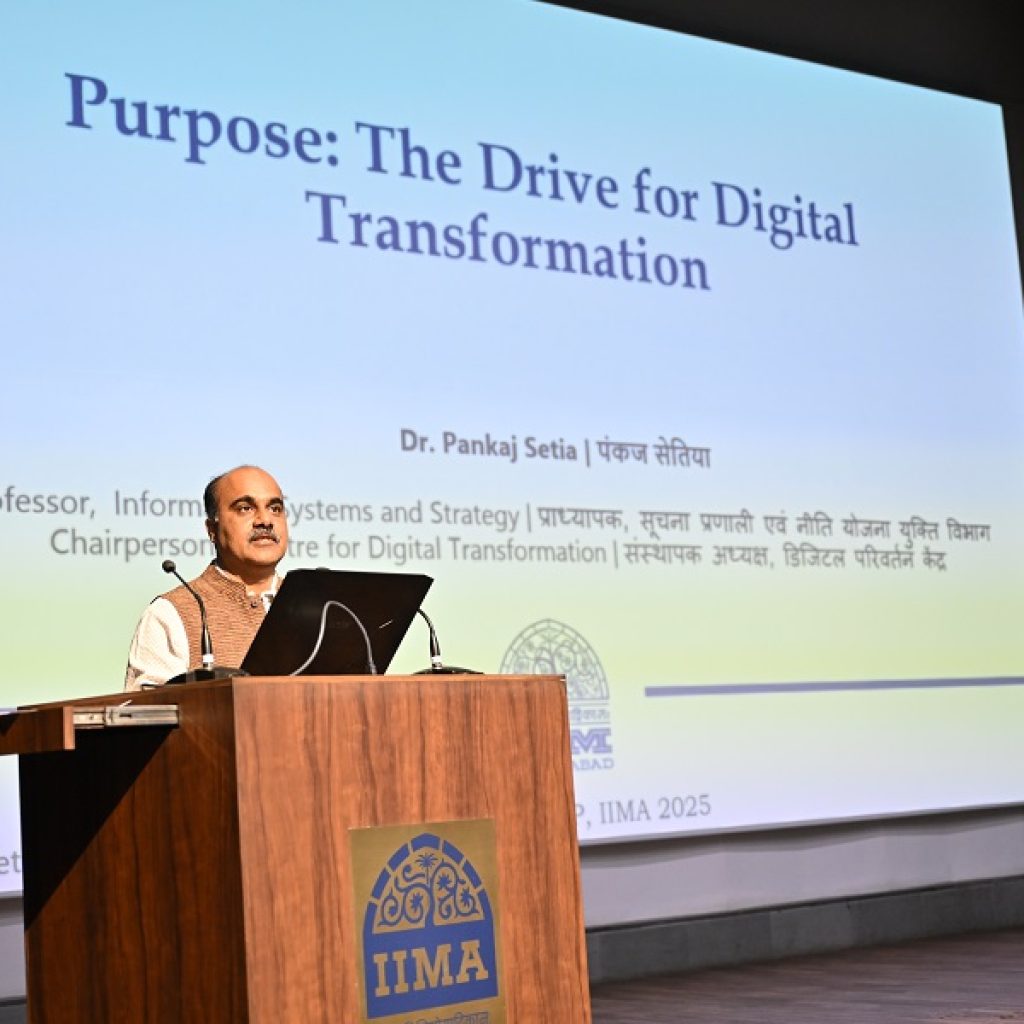
Professor Pankaj Setia, Professor of Information Systems and Strategy and Founding Chairperson of the Centre for Digital Transformation, IIMA, delivered a keynote address on ‘Purpose: The Drive for Digital Transformation’. In his talk, Professor Setia urged researchers, academicians, and policymakers working in the field of technology for differently-abled individuals to reflect on theircore purpose. “The purpose becomes clear at the intersection of digital technologies, lives of individuals, and organisation.It is a latent force that shapes the way societies function,” he stated.
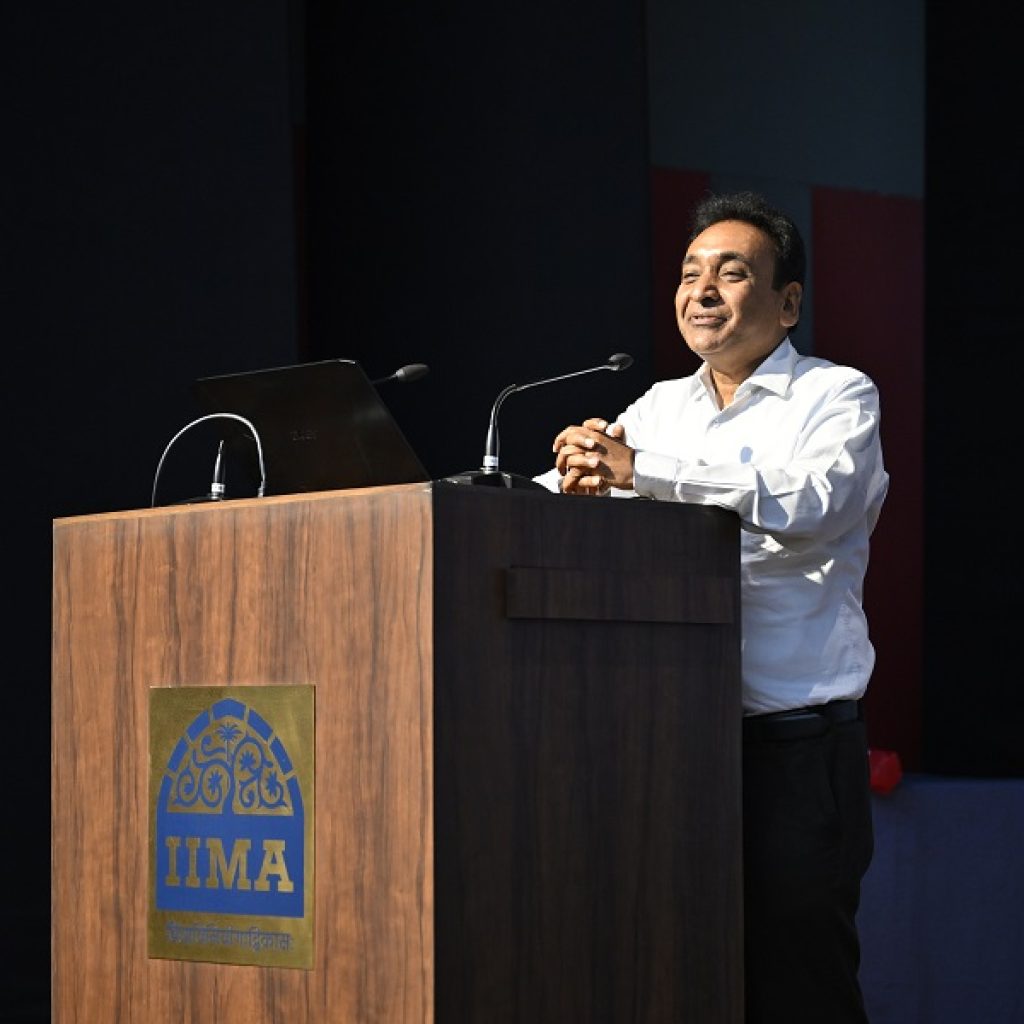
Shri Rajesh Aggarwal, Secretary, Department of Empowerment of Persons with Disabilities (DEPwDs), Ministry of Social Justice & Empowerment, Government of India,delivered the Conference Keynote address and highlighted the significance of early detection and intervention in transforming lives.“With timely intervention and proper guidance, significant change can be achieved with minimal effort,” he noted. Additionally, he emphasised the need to improve accessible infrastructure and stated that the lack of accessibility remains a major barrier to inclusion.He also shared several inspiring anecdotes from his interactions with differently-abled individuals.
The conference also featured two insightful panel discussions –one on ‘Opportunities and Challenges for Differently-Abled Entrepreneurs’ and another on ‘Employment of People with Disabilities’,along with engaging speaker sessions with leading academicians and industry experts. A short film titled ‘Nazariya: Visually Impaired Entrepreneurs’ by Professor Rajesh Chandwani, IIMA, was also launched and screened on the second day of the conference. The event also witnessed a cultural programme showcasing the creativity and resilience of persons with disabilities.
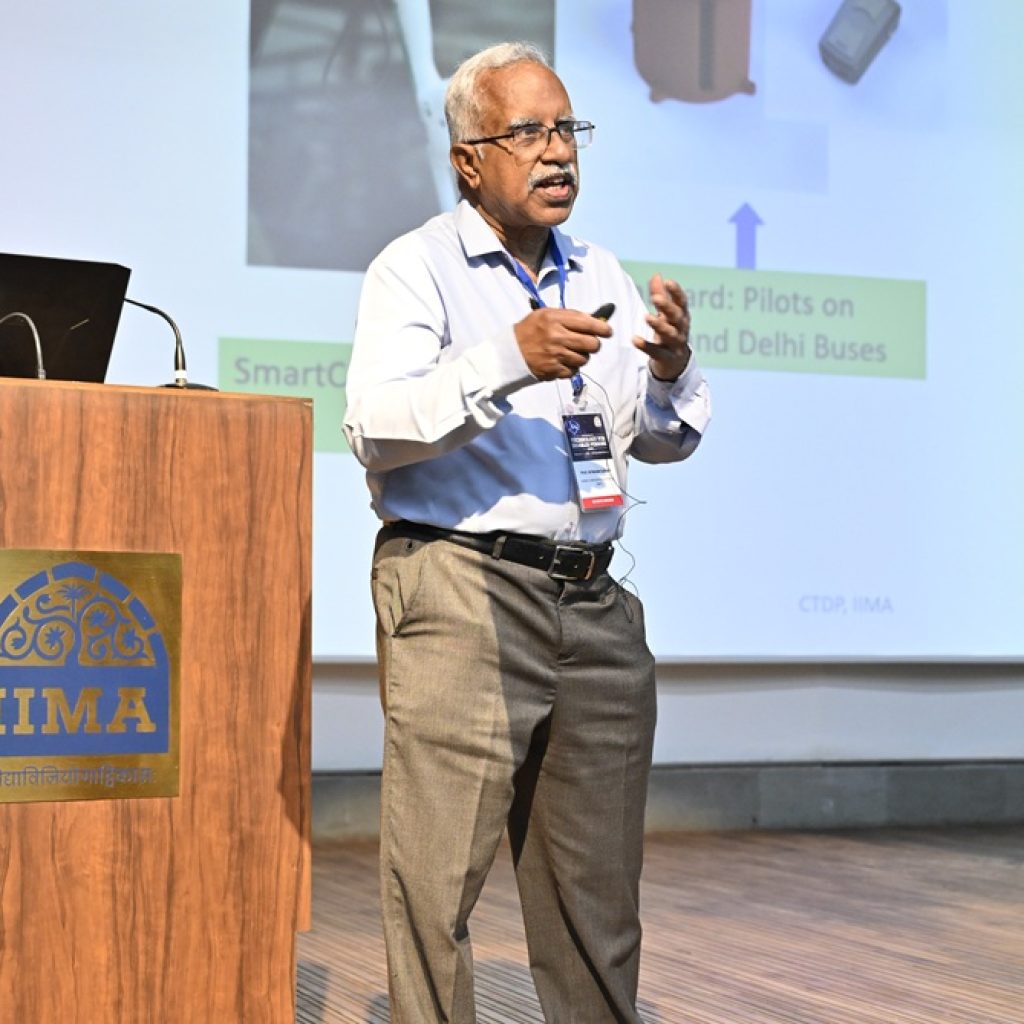
Professor M Balakrishnan, Distinguished Visiting Professor, Plaksha University and Honorary Professor, Computer Science and Engineering, IIT Delhi, provided insights from his experience of over 25years ofworking in the field of assistive technology. Sharing his process of developing innovative solutions for individuals with visual impairments,he highlighted key mobility challenges, such as navigating pedestrian spaces filled with obstacles and boarding public buses efficiently.
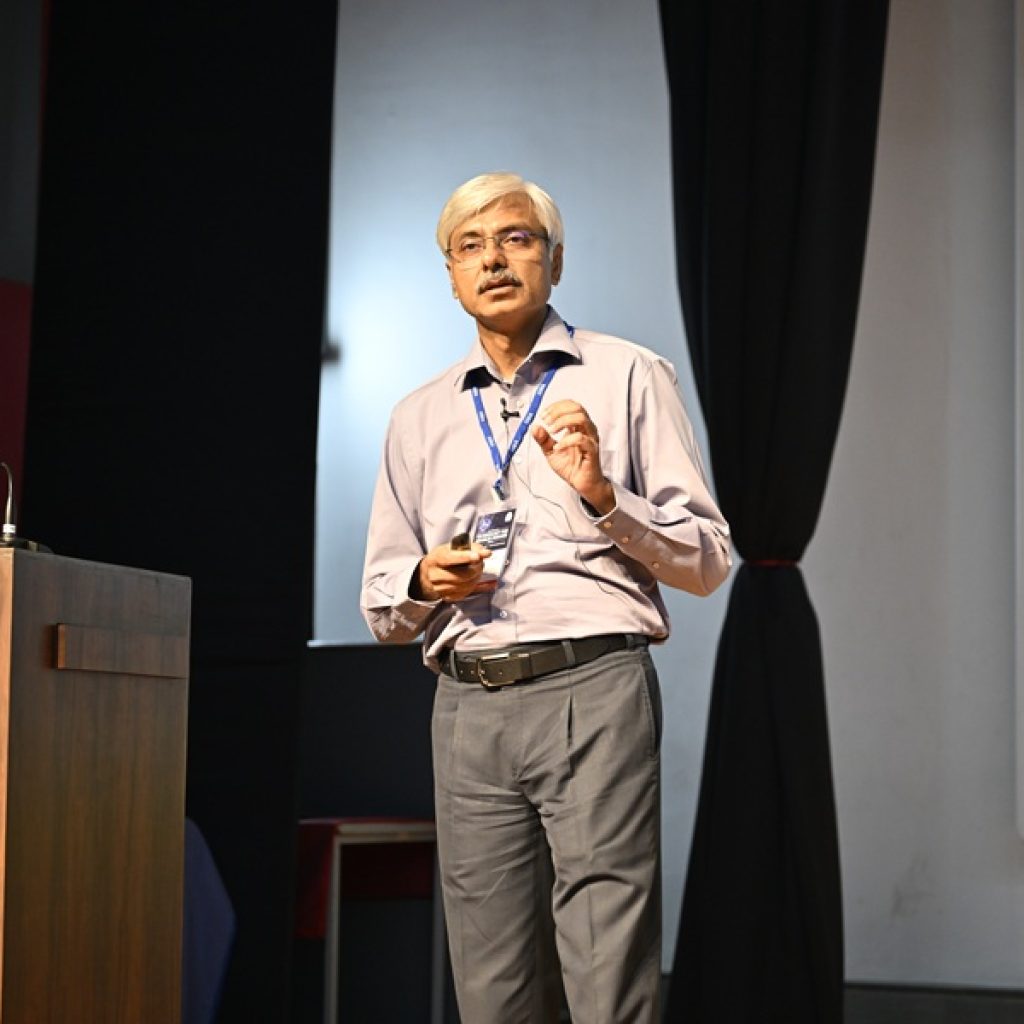
Professor Amit Prakash, Professor and Head of the Department of Digital Humanities and Societal Systems (DHSS), Convenor of Centre for Accessibility in the Global South (CAGS) at the International Institute of Information Technology Bangalore (IIITB),gave a talk on ‘Some design considerations for accessible and inclusive assistive technologies’. He raised an important point of including persons with disabilities while designing accessible solutions. “If you are designing technology solutions for the visually impaired, have a fair representation of visually impaired persons on the design panel as they can bring in rich insights based on their lived experiences and challenges faced while navigating the world”, he said.
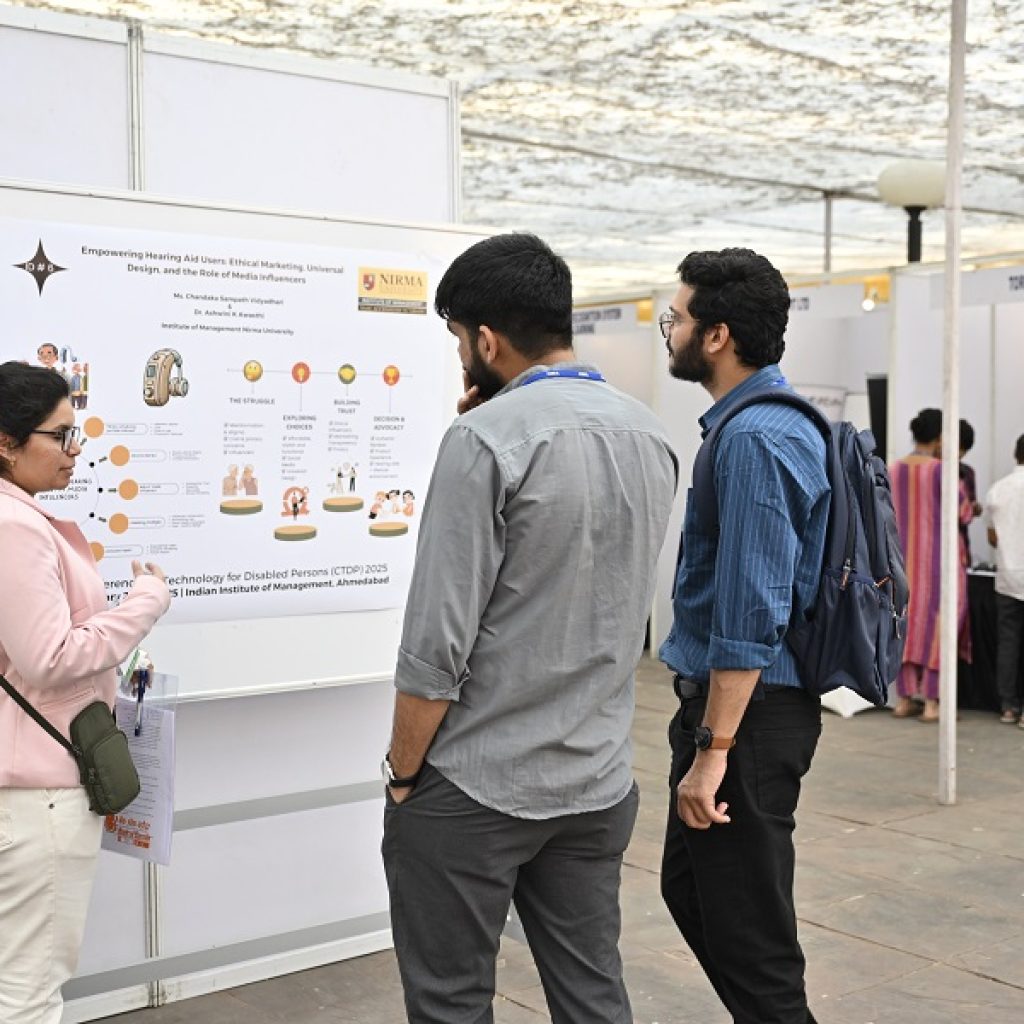
CTDP 2025 also featured an exhibition and product demonstration stalls that showcased innovative assistive devices and technologies, including product suites from three local assistive technologyindustries.The academic researchers exhibitedpeer-reviewed research prototypes for a possible venture translation, such as a tactile geometry construction kit for accessible STEM education, and a Robotic Lower Extremity exoskeleton device, among others.

